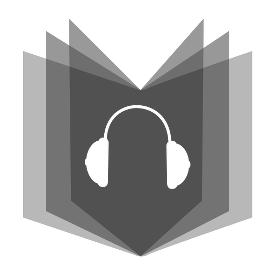
Screen Guild Theater
The Joe Hehn Memorial Collection
Screen Guild Theater was one of the most successful collaborations of radio broadcasting and the movie business, and especially the performers. The show came to the air in January 1939, sponsored by Gulf Oil. Stars appeared gratis , and the amount they would be paid was contributed to the Motion Picture Relief Fund to assist aged and ill screen performers. Gulf discontinued its sponsorship in the Summer of 1942. By that time, in 2021 US dollars, the company had donated $14 million to build a home for the performers. Lady Esther, a manufacturer of cosmetics, picked up the sponsorship until the Summer of 1947. Camel Cigarettes sponsored the program from the Fall of 1947 until June 1950. The program switched to an unsponsored 60-minute format, with the final program of the series in May 1951. The program rivaled Lux in its production values, despite the limitations of its 30 minute format. Lux had more freedom to faithfully adapt full screenplays to its hour-long format, while the Screen Guild writers had to be more strategic and surgical in what they presented. They often had to choos e memorable scenes or picking up the movie’s storyline at a later point in the plotline. Hollywood stars were pleased to be on the program and were always offering to appear on the program. There was a time when Screen Guild followed Lux in the Monday night CBS lineup, giving CBS, and the motion picture industry, a commanding presence on a weekday evening when theater ticket sales were usually very light. It was a master stroke in scheduling that helped build interest in movies for the rest of that week at at time when television was not yet a reality or was not accessible to consumers. * * * These recordings are part of the Joe Hehn Memorial Collection. Mr. Hehn (1931-2020) was a pioneering collector of radio recordings when the hobby emerged in the 1960s. Digitizing his collection of reel tapes and discs is the effort of a wide range of North American volunteers, and includes assistance of some international collectors. The groups supporting this effort with their funds, time, technology and skills are the Old Time Radio Researchers and a small group of transcription disc preservationists who refer to themselves as the "The Knights of the Turning Table."
This recording is part of the Old Time Radio collection.